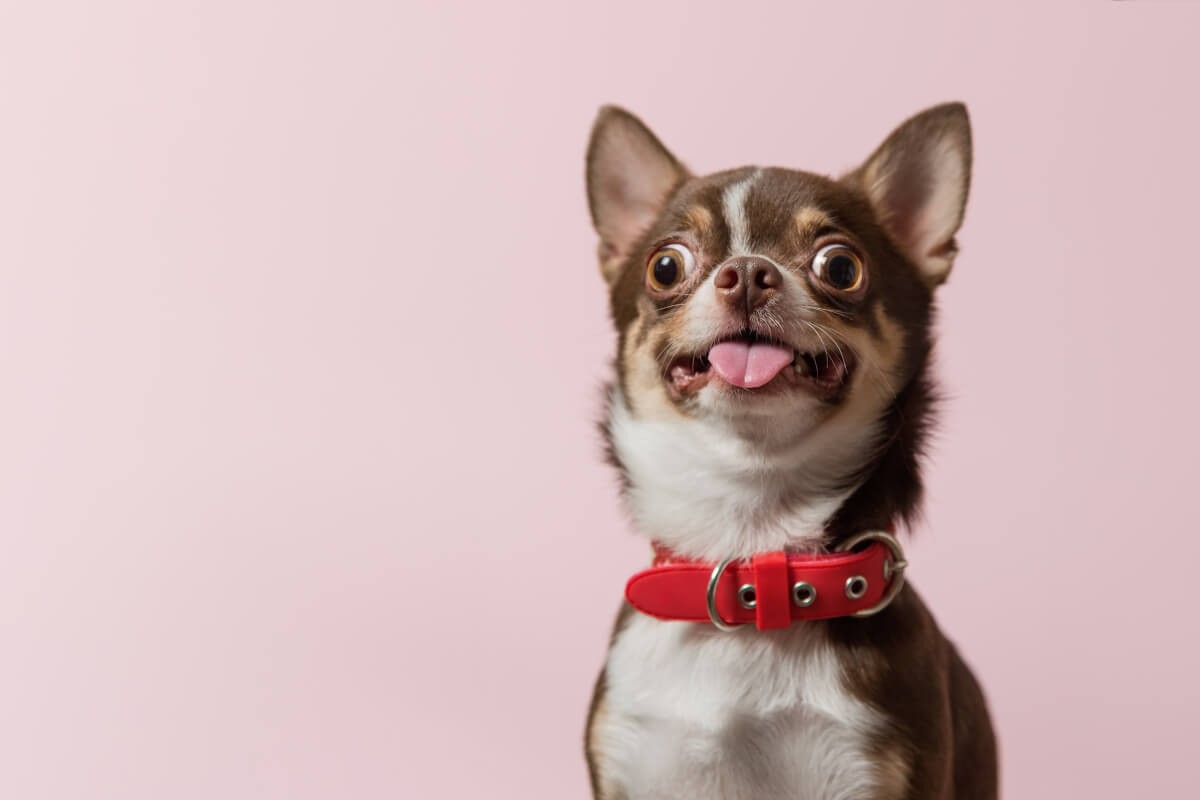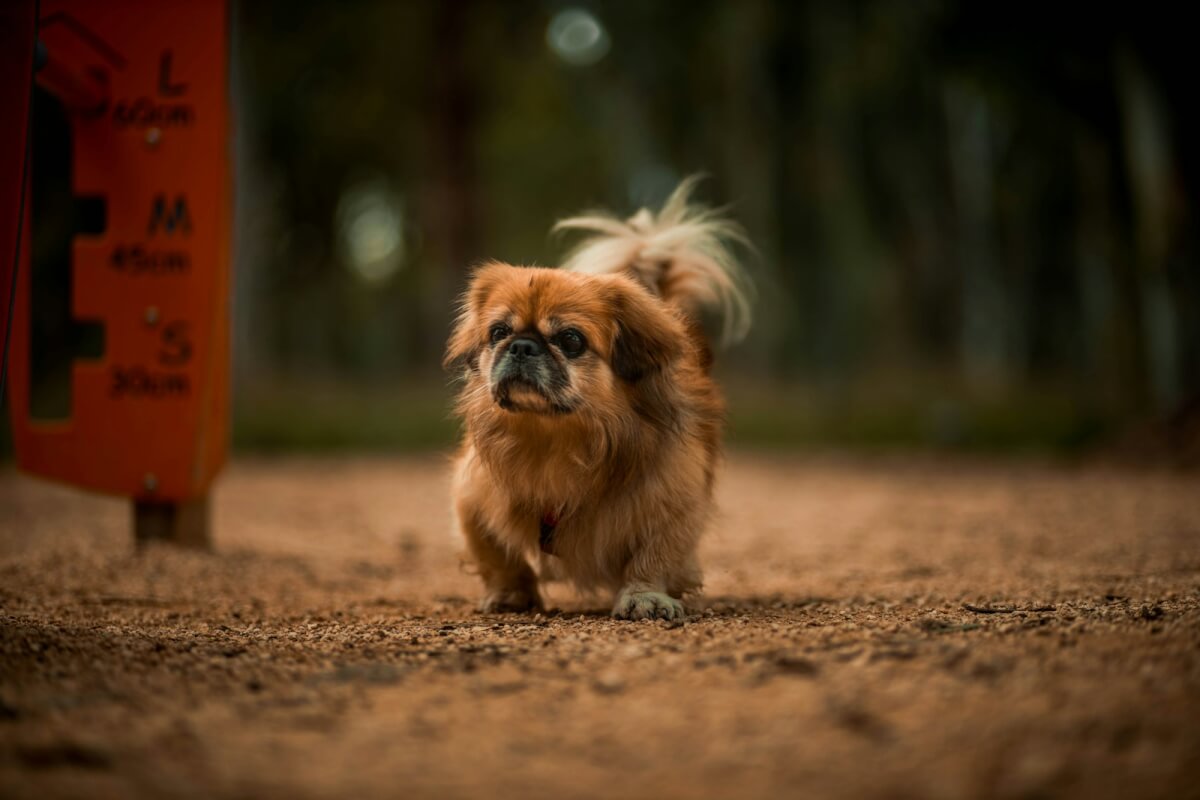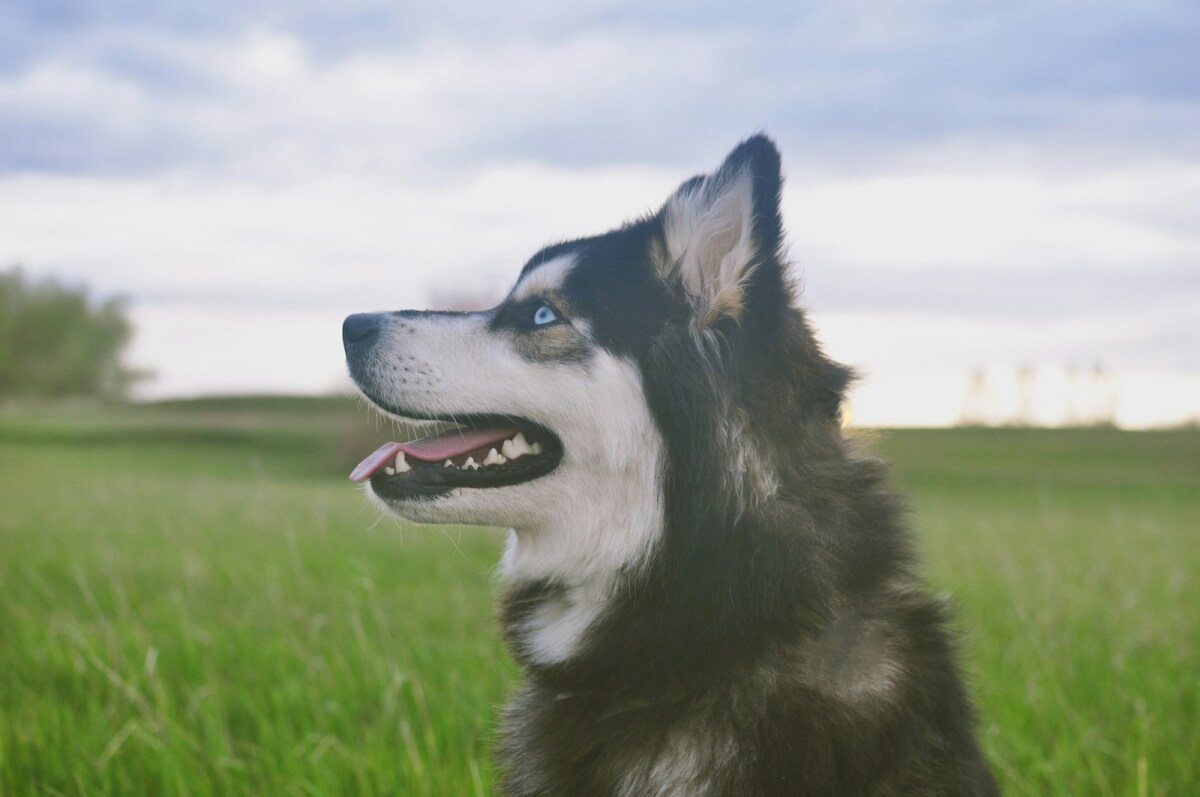

A smiling Siberian Husky (Photo by travelarium.ph on Shutterstock)
When it comes to choosing a family dog, not all breeds are created equal. While many canines make wonderful companions for households with children, some breeds may present challenges that make them less-than-ideal choices for family life. This article explores several breeds that, due to various factors such as size, temperament, exercise needs, or potential health issues, are often considered among the worst dogs for families with young children or busy lifestyles.
It’s important to note that individual dogs within any breed can vary widely in personality and behavior. However, understanding the general characteristics and potential drawbacks of certain breeds can help families make informed decisions when selecting a furry addition to their home. Let’s dive into some of the dog breeds that experts often advise against for family settings, and explore the reasons behind these recommendations.
To make it easier to select a family-friendly dog, we’ve compiled a list of the worst dogs for families based on expert advice from seven websites. This way, you can make a smart choice and ensure your home stays harmonious without the need to rehome a dog that doesn’t fit in. Don’t agree with our list? Let us know!
StudyFinds compiles lists of consensus picks featured on credible review sites. We aim to lay out top consumer research finds for you by bringing expert rankings to one place.
The List: Worst Dogs for Families, Rated by Experts
1. Chihuahua


Many people think Chihuahuas are great for families with small kids because of their size, but that’s not always true. According to The Spruce Pets, these little dogs are quick to bark and bite if they feel threatened, often needing their space. Kids might not pick up on their warning signals, which can lead to aggression.
Chihuahuas also form strong bonds with one person and can be wary of others, making them uncomfortable with people invading their space. Dogster notes these dogs can be moody and tend to do better in a calm household with older kids.
Chihuahuas are notorious for their loud, yowling barks, which can be tough for families with newborns, says PetLife. Their reputation for poor house training and general stubbornness doesn’t help either, making them a challenging choice.
2. Akita


Akitas are fiercely protective of their family – but don’t handle teasing or erratic behavior well, so says Dogster. Their serious nature means they may not respond kindly to overactive kids and can be wary of strangers.
Kids who visit your home might clash with an Akita’s strong guarding instincts. While Akitas are loyal and affectionate, their protective nature can turn problematic with unfamiliar, loud, or playful kids. According to The Spruce Pets, their guard-dog breeding means they might see this behavior as a threat.
If you’re unsure whether an Akita will mesh with your family, trust your gut. PetLife notes that their strong guarding instincts could cause issues with toddlers, and their sheer strength might lead to accidental injuries.
3. Pekingese


Just like Chihuahuas, the Pekingese might look cute and cuddly, but their temperament can be a surprise. Housely says these small dogs can snap and bite if they feel threatened. They’re easily startled, prone to jealousy, and don’t enjoy being poked or prodded, making them a tough match for families with young kids.
These dogs are quite delicate and can easily get injured if handled roughly by kids. According to All Pets Life, their flat faces and small size make them ill-suited for outdoor activities, as they have trouble breathing and regulating their body temperature. They’re best kept as cozy indoor lap dogs rather than active adventure companions.
Additionally, a Pekingese might have a bit of “little dog syndrome,” seeing themselves as equal or even superior to kids, says Dogster. This attitude can lead to them bossing children around rather than enjoying their company. They thrive best in a calm, relaxed environment where they can chill with their favorite humans without much fuss.
4. Weimaraner


The Weimaraner might look stunning in family photos, but they can be tricky with kids, notes The Spruce Pets. Bred for hunting big game, they might play too rough with children or mistake them for prey if they’re not properly exercised. They also need a lot of attention and a consistent routine to stay happy and well-behaved.
While the Wienmerener may be okay with older kids, Petlife cautions their high energy does not meld well with little ones. According to The Scotsman, they often don’t know their own strength and can hurt younger children. This breed also struggles with separation anxiety which can be tough for busy families on the go.
5. Siberian Husky


Siberian Huskies are energetic and love rough play, but this can be risky with young kids, warns The Spruce Pets. Their strong build and high energy might lead to accidental bumps or nips, even if they’re just being playful. It’s best to wait until your kids are older and better able to handle their exuberance.
PetLife agrees that Siberian Huskies aren’t the best choice for families with small children. Their “inner-wolf” instincts can make them react aggressively to crying kids. Training them can be tough too, says Housely, due to their stubborn and independent nature.
6. Alaskan Malamute


Just like Siberian Huskies, the Alaskan Malamute is difficult to train. In addition, The Spruce Pets warns they’re not good leash dogs, making it tough to enjoy a family walk. They also don’t know their own strength and could hurt a small child.
If you have teens or are an experienced dog owner, an Alaskan Malamute might fit well in your home. However, PetLife warns that like Siberian Huskies, Malamutes can see small children as prey and react aggressively.
Sources
Note: This article was not paid for nor sponsored. StudyFinds is not connected to nor partnered with any of the brands mentioned and receives no compensation for its recommendations. This article may contain affiliate links in which we receive a commission if you make a purchase.




